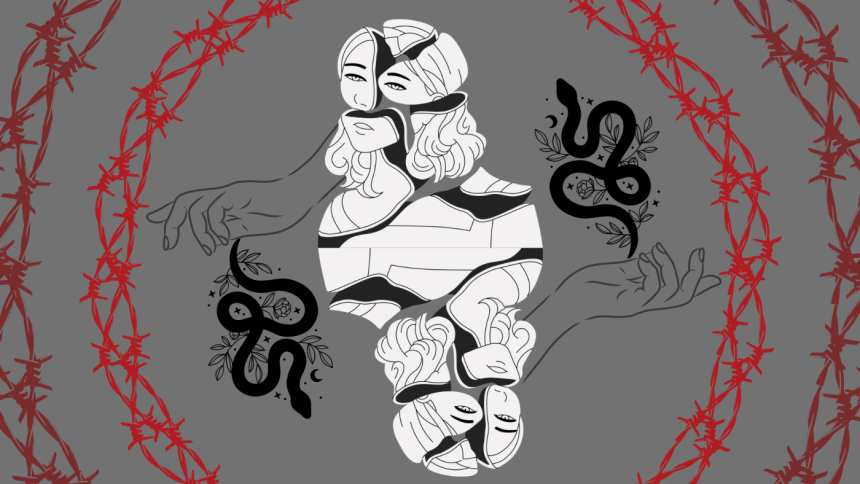Living with self-hatred

Imagine being stuck in a prison where your cellmate is the person you despise most in the world, with no chance of release or escape. Now imagine that prison being your own body, and your cellmate being your own mind. That is what it is like when you have to go through life suffering from self-hatred.
Self-loathing is a condition which results from years' worth of trauma and negative experiences. Being abused by family members, facing constant comparisons to others, and getting bullied at school serve as catalysts for the development of self-hatred.
If a child is made to question their worth, that perception stays with them forever. In an attempt to rationalise the negativity, they start to identify with their aggressors and blame themselves for being treated poorly. This creates low self-esteem and internalised guilt, which in turn results in self-hatred.
Academic achievements, or lack of it, also plays a role in the development of self-hatred. In a competitive environment like ours, poor academic performances increase their hatred towards themselves and diminishes their self-worth.
When someone is consumed by self-hatred, it gets difficult to enjoy life. They live life thinking something is always wrong with them, and end up despising everything they do. Minor mistakes seem like big offences. Negative self-criticism becomes stronger than external appreciation. They are unable to appreciate who they are, and always find themselves wishing they were someone else.
All these create an endless stream of anxiety accompanied by depression. It can lead to physical issues as well, such as eating disorders.
Self-hatred is like a constant state of self-contradictions. A person can realise that their hatred is unfounded, but still face difficulties in controlling it. One might think that self-hatred can be used as fuel for self-improvement, but people often find themselves engaged in self-sabotage instead. Negative thoughts exhaust most of their emotional energy. In some serious cases, self-loathing leads to self-harm, and much worse.
Social anxiety caused by self-hatred has a huge impact on a person's social life. As people with self-hatred underestimate their worth, they try harder to please people. It becomes difficult to reach out to others or socialise. They worry excessively about disappointing their family and friends. In relationships, they may find themselves trying really hard to please a partner who is toxic or mistreats them, because this is what they think they deserve.
When someone suffers from self-hatred, it is not enough to just tell them they matter. They need to be told WHY they matter. This requires lots of patience and support from loved ones. Overcoming this issue is a continuous battle, and it's okay to reach out and seek help.
My insight is not of that of a professional, rather it's of someone who has been on the same boat. If you happen to suffer from this problem too, know that you are definitely good enough. A proper look into your own history will show that there is nothing bad about you. It's just that people have been bad TO you.
You are better than you think you are.
Sabil spends most of his time making memes and trying to stay as hopeful as possible. You can contact him at [email protected]

 For all latest news, follow The Daily Star's Google News channel.
For all latest news, follow The Daily Star's Google News channel. 








Comments